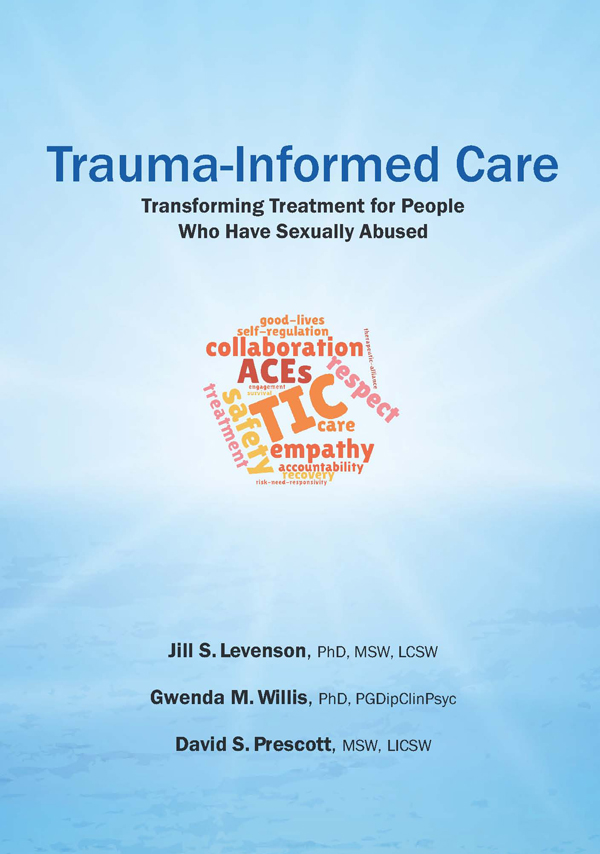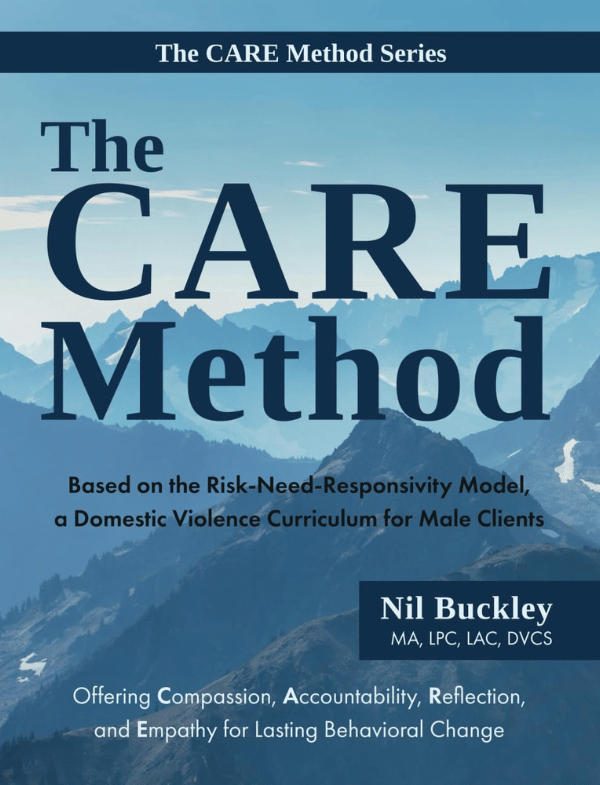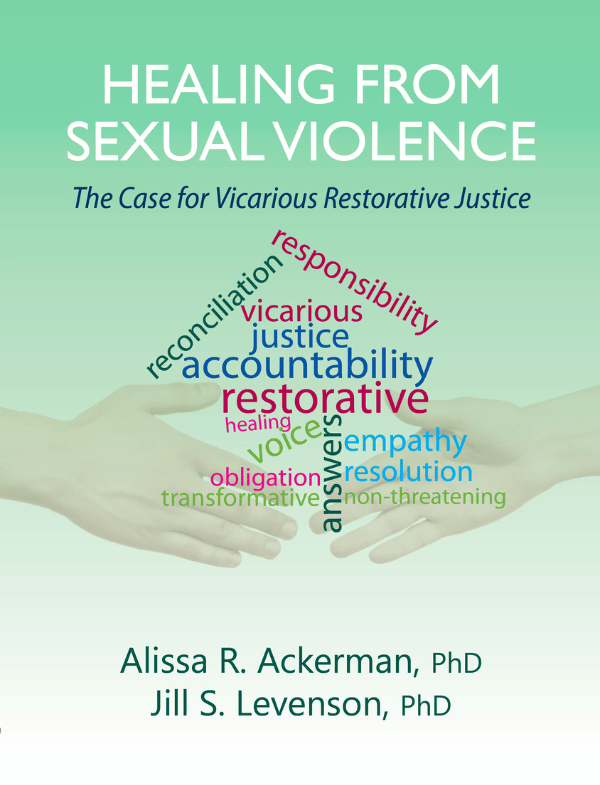Home / Shop / Online Trainings / Trainings
Live Online Training - Supervising Professionals Who Work with Domestic Violence: Ethical Considerations

- Description
Date: July 22, 2025
Time: 11:00 am – 2:15 pm ET / 8:00 am – 11:15 am PT
Format: Live interactive training offered via Zoom
CE Eligibility: 1.5 Ethics CE Credit Hours & 1.5 Clinical CE Credit Hours
Presented by: Lauren Garder, MA LPC (See Bio)
You must attend the entire live training and complete an evaluation to be eligible for CE credits. If you seek only psychology credits, the evaluation is optional, and you can remain anonymous.
Online Training Description:
 The codes of ethics of all professions speak to the importance of upholding client autonomy, protecting against harm, and promoting wellbeing. Clinicians in the field of domestic violence—whether they work with those who have been harmed or those who have caused harm—often encounter situations in which the right course of action regarding client autonomy, safety, and mandatory reporting is unclear. Based on her many years of clinical experience with chronic trauma, as well as her work in reviewing domestic violence fatalities for the State of Oklahoma, Lauren Garder developed this training to address these pressing issues.
The codes of ethics of all professions speak to the importance of upholding client autonomy, protecting against harm, and promoting wellbeing. Clinicians in the field of domestic violence—whether they work with those who have been harmed or those who have caused harm—often encounter situations in which the right course of action regarding client autonomy, safety, and mandatory reporting is unclear. Based on her many years of clinical experience with chronic trauma, as well as her work in reviewing domestic violence fatalities for the State of Oklahoma, Lauren Garder developed this training to address these pressing issues.
In this session, Ms. Garder explores common ethical dilemmas and provides guidance for delivering effective services to those working with domestic violence survivors and those who have caused harm. She also offers skills and tools for supervising clinicians, particularly clinicians with limited experience in domestic violence. Through case examples, interactive discussion, and actionable frameworks, attendees gain insight into the challenges of balancing their desire for client safety against the reality that predicting and stopping violence is outside the clinician’s complete control.
This training offers support, clarity, and practical solutions to help clinicians navigate these challenges.
As a result of this training, participants will be able to:
1) Summarize probable ethical dilemmas they will encounter when working with people experiencing or perpetrating domestic violence.
2) Describe clinical considerations for supporting autonomy while preventing harm when working with cases involving domestic violence.
3) Use strategies for supervising clinicians with less knowledge in the area of domestic violence.
Interactive Follow-Up Meeting
Attendees are invited to join an open discussion 15 minutes following the end of the training, where you can engage with fellow attendees by turning on your camera and microphone. This is an opportunity to share your experiences and contribute to a meaningful exchange of ideas. Time will be allocated to address questions or insights from the training. Please note that attendance is optional and will not affect your eligibility for a training certificate.
We can refund your training fee up to 24 hours prior to the start of the training.
To view all training details and review our list of frequently asked questions, please click here to visit the promotional page.




